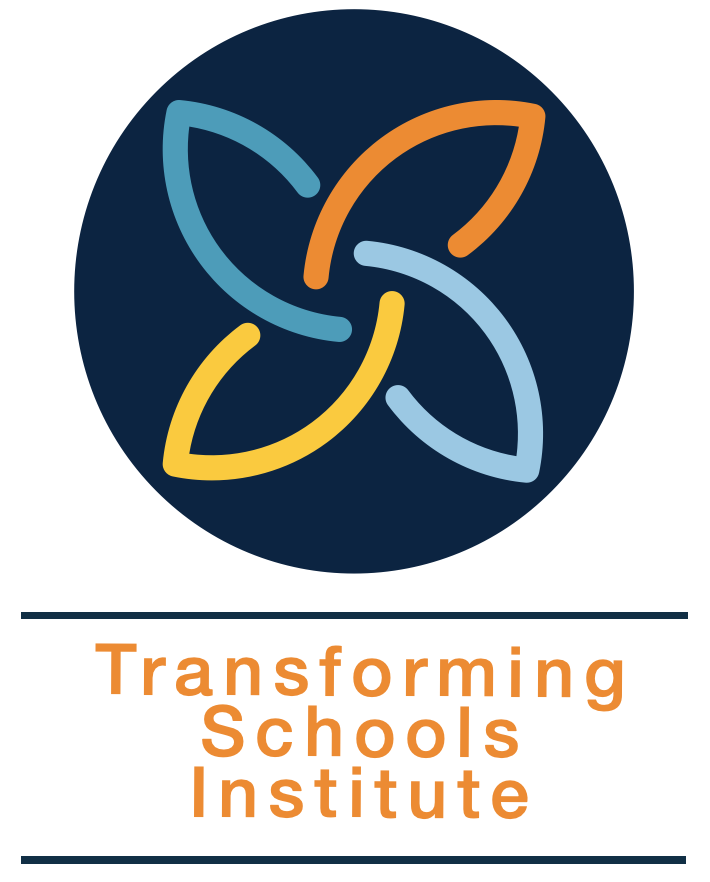Effective Coaching for Student and Staff Support: School Leaders’ Roles and Responsibilities
The creed Joellen lives by is: Excellence can be achieved if you . . . Care more than others think is wise . . . Risk more than others think is safe . . . Dream more than others think is practical . . . Expect more than others think is possible . . .
Facilitator: Joellen Killion
Joellen Killion champions educator learning as the primary pathway to student success. She serves school systems, schools, regional, state, and national agencies within the U.S. and abroad as a consultant and learning facilitator. She is senior advisor to Learning Forward and formerly was its deputy executive director. Her particular interests are collaborative learning teams, coaching educator success, evaluation and program audits, standards for professional learning, policy to support professional learning, and comprehensive planning and implementation of high-quality, standards-based, results-focused professional learning.
She works with school systems in the US and abroad to design and implement coaching programs that are focused on increasing student success and educator effectiveness, prepares and supports coach development, and coaches school district leaders. She launched Learning Forward’s Coaches Academy in 2005 and continues to teach the Academy and contribute to its revisions. She is the lead author of Taking the Lead: New Roles for Teachers and School-based Coaches, 2nd edition, a seminal text for many coaches and coaching programs and Coaching Matters, 2nd edition, the text that delineates the components of a coaching program for leaders: and Elevate School-based Professional Learning, the link between professional learning and coaching within schools. She is also the author of The Feedback Process: Transforming Feedback for Professional Learning. 2nd edition, which describes how to engage people in a process that allows them to assume ownership and responsibility for achieving their goals. In addition, she serves on the editorial board of the International Journal of Mentoring and Coaching in Education.
To learn more about how Joellen supports schools: www.learningforward.org www.visiontoactioncollaborative.com
Session Overview
Coaching transforms people and systems. The role of coach is exploding in schools around the globe. It carries great potential for impacting teaching and student learning when the role is clearly defined, supported, and monitored; it can also be a costly way to inflate the ranks of non-teachers within schools if the coaching program and the role of coaches are inadequately defined. Coaching is most effective when it is nested within a clearly articulated framework that ensures it is goal-focused, aligned with system goals, implemented with integrity and support, and resourced appropriately. That framework begins with defining what coaching is and ends with evaluating the coaching program and coaches. Responsibility for defining and supporting the coaching framework primarily rests with school division and school system leaders. To initiate a coaching program or tune up an existing one, this session focuses on the core components of an effective coaching program, how to establish, update, or refine those components, and how to build a coaching culture within a school so that everyone engages in coaching as a means to strengthening their professional practice and increasing student success.
Session Outcomes
Examine the key components of an effective coaching program framework.
Explore tactics to develop, update, or revise each key component.
Identify the core responsibilities of school administrators in designing, monitoring, and evaluating a coaching program and a coaching culture.
Apply the key components of a coaching framework to the design, implementation, or revision of a new or existing coaching program.
Research Connections
Allen, J., Pianta, R., Gregory, A., Mikami, A., & Lun J. (2011). An interaction-based approach to enhancing secondary school instruction and student achievement. Science, 333, 1034-1037.
Gwandi, A. (2013, July 22). Slow ideas. The New Yorker. https://www.newyorker.com/magazine/2013/07/29/slow-ideas
Ippolito, J. & Bean, R. (2019, November 1). A principal’s guide to supporting instructional coaching. ASCD. https://www.ascd.org/el/articles/a-principals-guide-to-supporting-instructional-coaching
Kane, B. & Rosenquist, B. (2019). The relationship between instructional coaches’ time use and district- and school-level policies and expectations. American Educational Research Journal, 56(5). 1718-1768.
Killion J., Bryan, C., & Clifton. (2019), Coaching matters, 2nd edition. Oxford, OH: Learning Forward.
Killion, J. & Harrison, C. (2017). Taking the lead: New roles for teacher leaders and school-based coaches, 2nd edition. Oxford, OH: Learning Forward.
Killion, J., Harrison, C., Colton, A., Delehant, A., & Cooke, D. (2016). A systemic approach to elevating teacher leadership. Oxford, OH: Learning Forward.
Killion, J., Sommers, W., & Delehant, A. (2023). Elevate school-based professional learning. Bloomington, IN: Solution Tree.
Kraft, M., Blazar, D., & Hogan, D. (2018, August). The effect of teacher coaching on instruction and achievement: A meta-analysis of the causal evidence. Review of Educational Research, 88(4), 547-588.
Mangin, M. M., & Dunsmore, K. (2015). How the framing of instructional coaching as a lever for systemic or individual reform influences the enactment of coaching. Educational Administration Quarterly, 51(2), 179–213.
Matsumara, L., Sartoris, M., Bickel, D., & Garnier, H. (2009). Leadership for literacy coaching: The principal’s role in launching a new coaching program. Educational Administration Quarterly, 45(5) 655-693.
Petrilli, M. (2019, Feb. 15). Instructional coaches: The heroes of the golden age of educational practice. Education Next. https://www.educationnext.org/instructional-coaches-heroes-golden-age-educational-practice
Reid, D. (2019). How School Principals Enable Instructional Coaches: Evidence from New Jersey. ICPEL Education Leadership Review, 20(1). https://files.eric.ed.gov/fulltext/EJ1234930.pdf
Who Should Attend
Leaders interested in exploring or initiating a coaching program; leaders who supervise coaches and/or the coaching program; leaders who want to update the existing coaching program to increase its impact on teaching practice and student learning.

